The History Of Bushindo-Kai
Bushindo meaning literally 'Warrior Spirit Way' when merged with Kai brings the connection of 'Great Ocean' or 'Void' of Universal nature. Bushindo-Kai originated in 2008 from Bushin Kensai Jutai Jutsu (BKJJ-F) sometimes considered the more 'aggressive' Combat form of todays well known Ju Jutsu schools, originally practiced in secrecy throughout the hardened years of war torn Japan. Today many new schools have focused on sport based arts and competitions whilst a rare few have continued to preserve the tradtional teachings of the arts known by many as Martial Arts or Bu Jutsu. From our own personal experiences over the years in clubs and private tuition there has been much to comprehend when considering a path to travel. Our aim has always been to 'keep it real' in the essence that the techniques must have a workable 'street' value and not to be practiced for their asthetic qualities alone. We hold no value in point scoring purely because there are no points to be won on the streets, there are no winners nor losers only the very real possibility of violent confrontation and the necessity for our survival. Bushindo-Kai is the study of life through the application of Urban Combat whilst associated arts progression is the inherent knowledge accumulated through our own individual journey of personal exploration. We consistently work to provide training methods which 'feel' realistic to the student in the intermediate phase of their study which promotes a foundation of confidence that is more than just a false state of belief when confronted by a would be assailant; but most of all we forge respect and discipline through a traditional etiquette that continues to instill the importance of life preservation and sincerity in whichever path the student aspires to travel.
Ninpo Bujutsu - Who Were The Shadow Warriors?
Often considered to be the 'Ninja' or 'Shinobi' the term has been exhausted and often over misused by popular media misrepresentation. With so many popular images in todays fictional 'big screen' productions and characterisations sometimes misleading with over complex political objections, it is very difficult to truly know where to begin on our own journey into the mystical world of the 'Ninja'. Some records show evidence that Ninjutsu can be traced back to 4th century Japan where a young Prince Yamato Takeru bore the traits of disguise and assassinated two chiefs of the Kumaso people. Other documents suggest the first record in documented history related to the events expressing the 'usage of espionage' in the 6th century employed by Prince Shotoku, a tactic somewhat frowned upon by the Japanese people even in the early stages of their historical development. With a culture so rich and purposefully documented it is easy to see why the records and stature of a proven lineage is so incredibly important to the continuation of an art; an art so secretly guarded that the world today may never truly comprehend its original virtue. For this reason the NBPAF does not focus heavily on disputes of lineage nor traditional politics. We are honoured on this account to share the support of NBPAF society affiliations regarding the importance of a non political organisation, we proudly stand by the principle that 'the art is created within the study of a person, the person is not merely formed through the presence of an art'. So let us for a moment examine in further detail what the term 'Ninpo' or 'Ninjutsu' means: The term Ninpo is constructed of two characters 'Nin' meaning patience, perseverance and in some cases a term related to stealth. When examining the Kanji some believe a sword or blade is placed over the heart or mind and in such presents a far deeper symoblic meaning. The second character po or 'ho' means law when presented in its own right, when connected to the character representing Nin it is believed to have a connection of Buddhist expression 'The ultimate and eternal reality of perseverance' (See Ext. Reference Genbukan Ninpo). Ninjutsu then is the 'art of perseverence' (or the skills related to herein) a historiographical term documented in the 17th century through various works; one of the most famous perhaps being the Basenshukai written in 1676 by Fujibayashi Yasutake translated 'Correct Ninjutsu Memories'. There is a lifetime of study available in the historical precepts of Ninpo alone. The system was itself historically placed amongst the poorer classes and masterless Samurai or 'Ronin' in an age poetically dramatised today through tales of romance and hooded warriors disappearing into the darkness like the mysterious spirits of the wind iteself.
'The essential element for a Ninja is a pure heart. If a Ninja pursues the wrong course using trickery or plots, his heart cannot be pure and his judgement will always be misguided, never permitting an honest course of action. The heart of a Ninja is pure and honest' - Basenshukai
Bushindo-Kai Today
The primary elements of our syllabus are formed through 'perseverance', 'honour' and the ability to stand for that which is considered correct and noble in the course of 'right action'. We have used the term Ninpo where definition is given to the ethical beliefs and principles of the sytem studied by Sensei Rich Carter through Shidoshi John Patrick and his personal on going studies into the art of Ninjutsu. Further studies within the syllabus are presented through 'Street Boxing' (non regulated forms), Combat Ju Jutsu, Traditional and Modern Weapon applications and Kempo Jutsu (non traditional forms).
Disclaimer
We do not claim to represent an historically accurate system. Classical Bu Jutsu is practised through the respect, dedication and continuation of the original teachings of a Master. If you have any questions regarding Classical Bu Jutsu and Bushindo-Kai or the NBPAF please contact us we will be more than happy to assist you with your enquiries. Thank you to the Artists of free web photography and editoral presentation sites for the use of your Images and graphics where applicable.
|
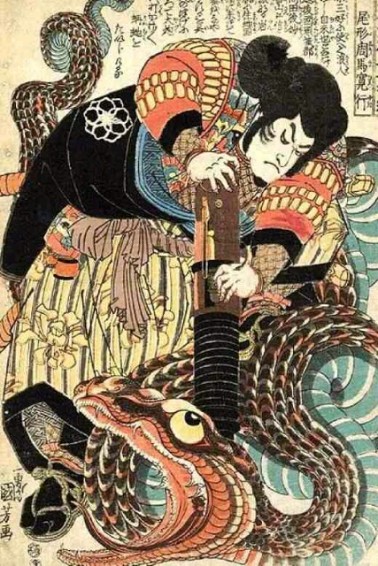
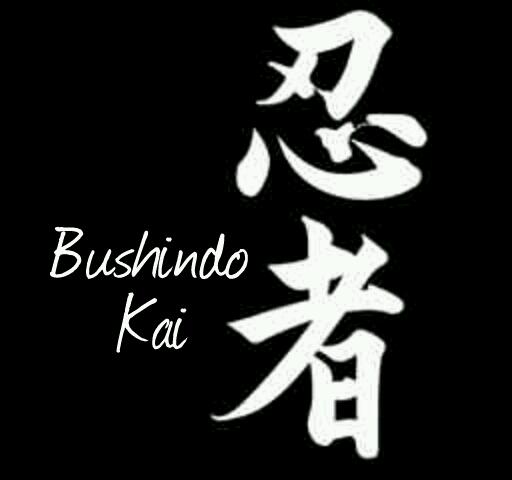
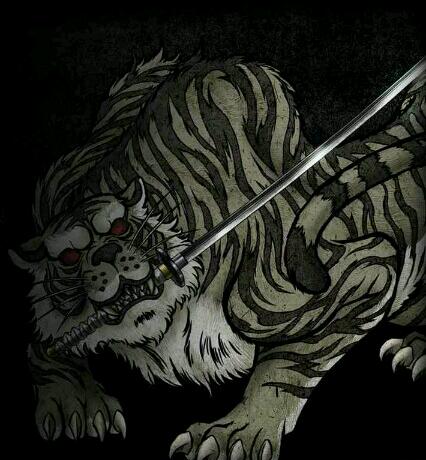
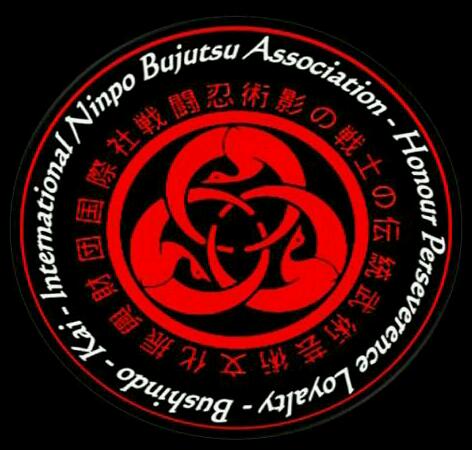
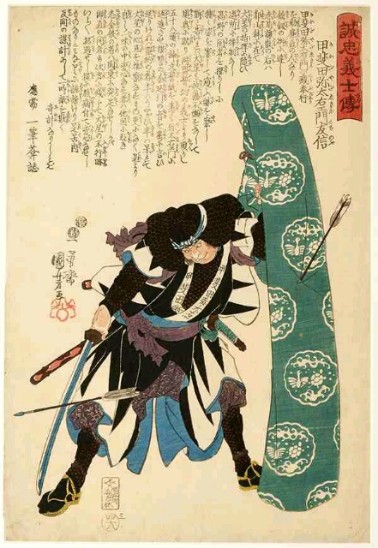 |